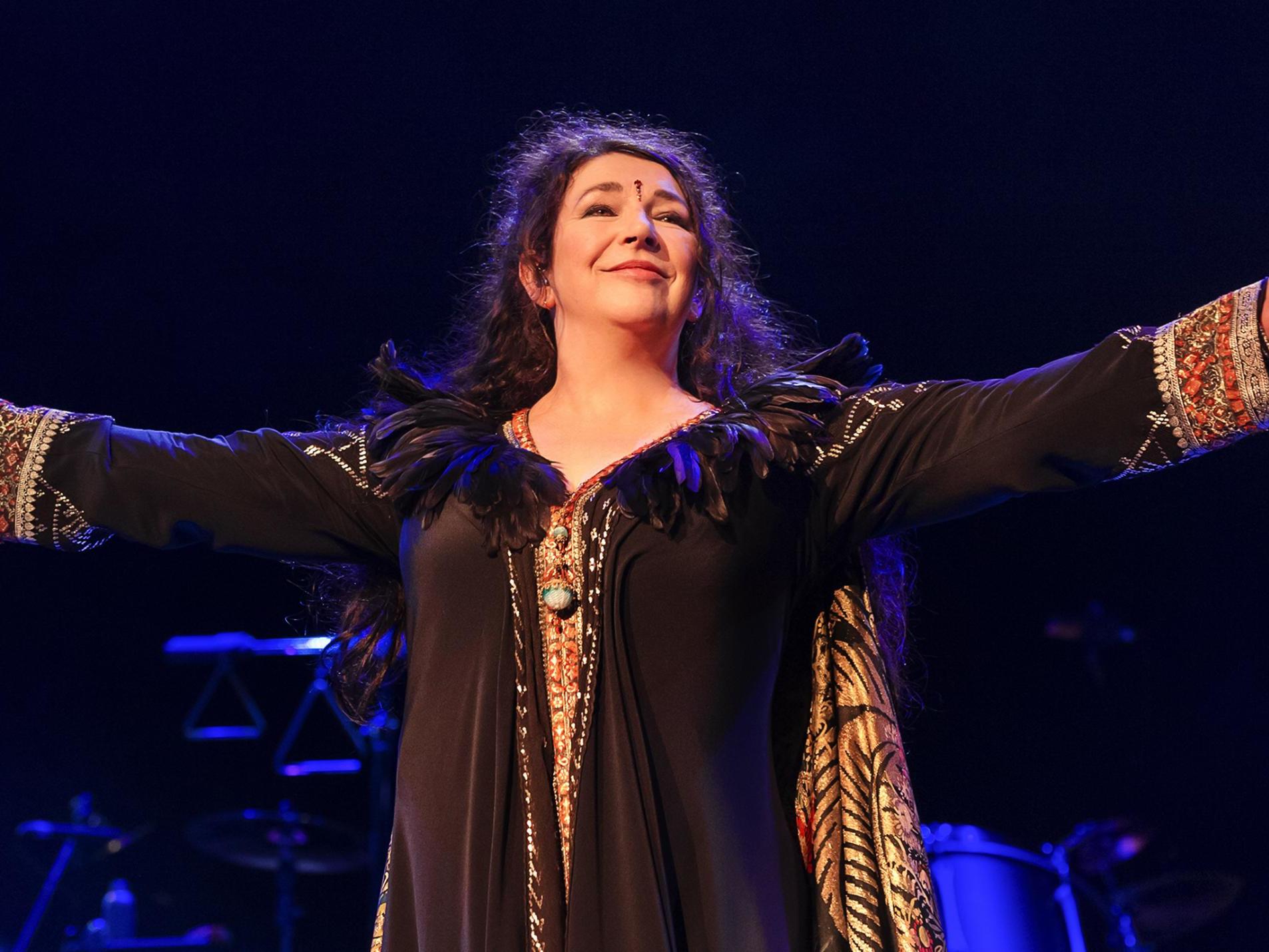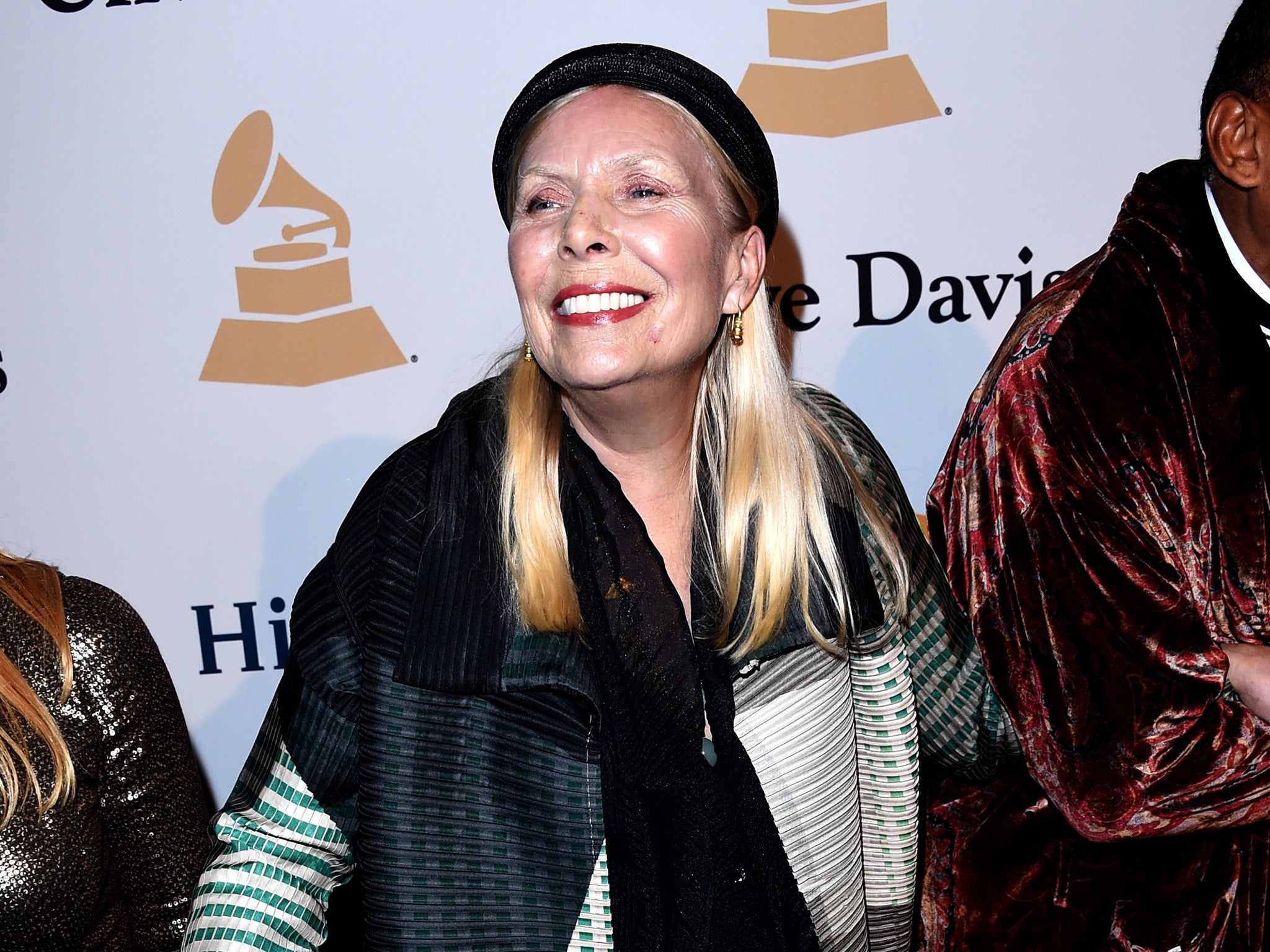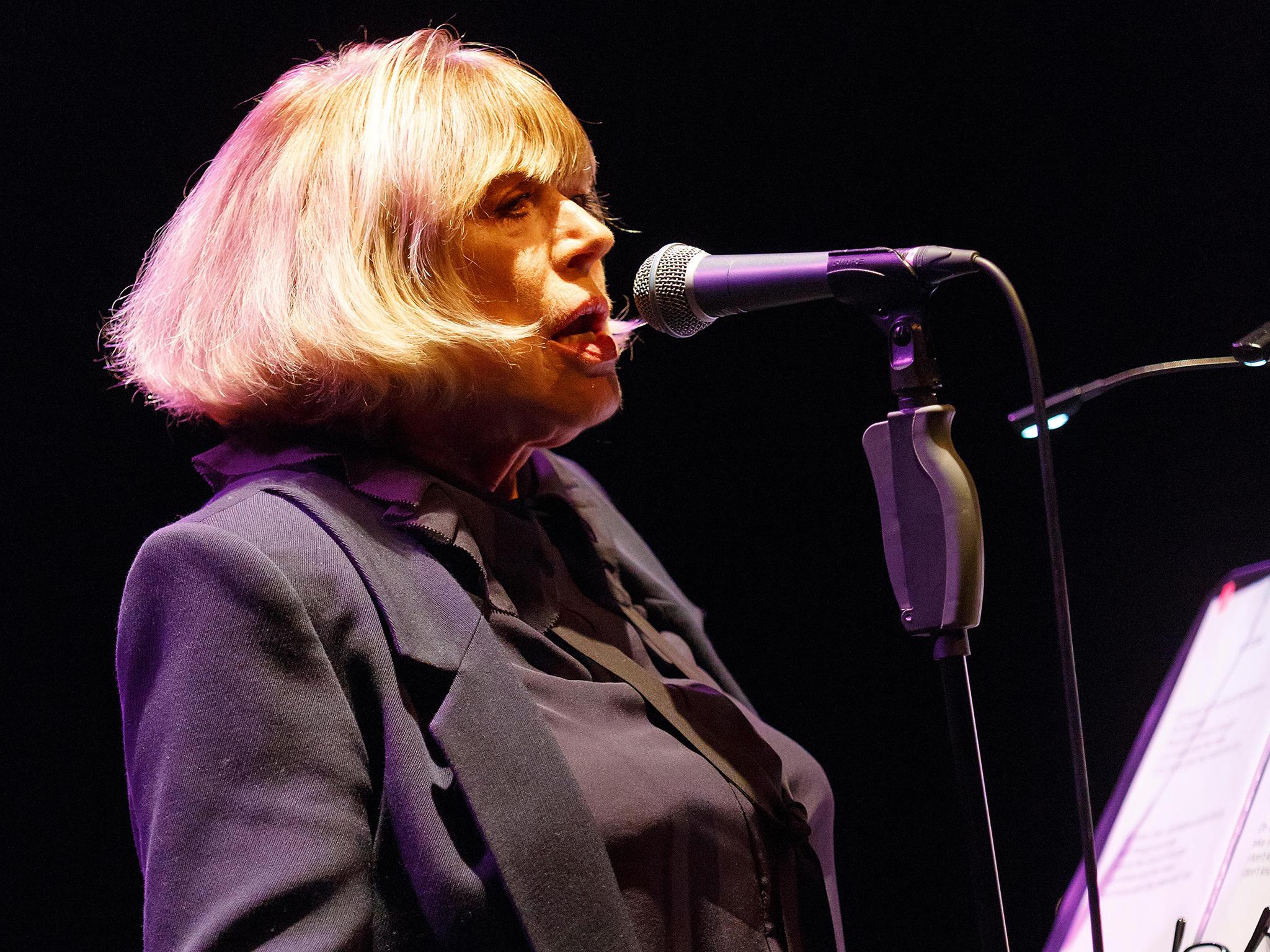
It’s a truism that older women have had their visibility problems. City boardrooms are short of women in general, and women over 60 are certainly thin on the ground. Most notably, broadcasting has been notoriously shy of giving older women screen time.
It was less than two years ago that the head of the regulator Ofcom accused the BBC of “not doing as good a job as it should be” in its treatment of older women, after many complaints from viewers about a lack of mature female presenters.
The corporation had long faced criticism for its treatment of older women, and lost an age discrimination case brought by Countryfile presenter Miriam O’Reilly, who was sacked in 2009, to make way for younger presenters.
But there is one area where the older woman is suddenly and somewhat unexpectedly thriving – rock music. Madonna celebrates her 60th birthday on Saturday. Kate Bush has just celebrated hers. In fact, they are the spring chickens. Suzi Quatro, 68, and Patti Smith, 71, are not just still rocking, they are still snarling. Cher at 72 pops up with a delightful cameo in the Mamma Mia! movie. The queen of soul, Aretha Franklin, is still recording at 76.
Who’d have thought it? Look back to the 1960s and there were precious few women at all in pop music, let alone older ones. In the UK, Sandie Shaw, Dusty Springfield, Marianne Faithfull and a handful of others carried the fight to the mass of male groups (the word boyband had yet to be invented).

No one thought then about whether the stars would still be recording and performing in old age. Indeed the concept was unthinkable – for men as well as women, for stars as well as fans. When I put it to Paul McCartney that he must be surprised to be still going, he replied: “I do rub my eyes. I didn’t foresee it. In The Beatles we always said 10 years. But it kept on and kept on and it kept being good and we seemed to be the people who could do it. Now there is a great young generation of people who can also do it, but it tends to be that the people packing them in are the people who have the material, have hits, songs people know, and I think that’s important. I think they have stagecraft, they have an ability with an audience.”
There’s no doubting that the likes of Madonna and Kate Bush have stagecraft in spades. Even in an industry that ostensibly prizes youthfulness and a certain amount of athleticism on stage, the female superstars, like the male, are now gliding into pensionable age, with fan bases, voices, charisma and downright sexiness still intact.

Though, when it comes to longevity, the women themselves didn’t always think it would be the case. Joni Mitchell once remarked, all too despondently: “Record companies want the look. And if you’re over 50, however well preserved, you just don’t have the look.”
Maybe the look, or audience perception of the look, has changed. No one remotely cared that Kate Bush looked older than they remembered her (quelle surprise) when she made her stage comeback after 35 years in 2014. And tickets were inevitably like gold dust. I was there to note that she sounded the same, and she still exuded charisma and stage presence.
She did a staggering run of 22 performances. Two things perhaps attested to the more mature Kate. The show was only part rock concert, it was also part theatre with video and dance, and even the odd comedy sketch starring her son. Also, she gave all her audiences an instruction on her website, which bore witness to the fact that she comes from an earlier generation than today’s performers. She wrote: “I very much want to have contact with you as an audience, not with iPhones, iPads or cameras.”

Earlier this year I witnessed the return to live performance of Annie Lennox, at the age of 63. To raise funds for her charity she did a one-off show which was largely a chat show, interspersed with the odd song at the piano, going through her life and career. The self-deprecating humour was diverting: “When I was studying at the Royal Academy of Music, I lived on £3 a week.” Pause. “Scottish people can do that.” Pause. “And we like it.”
Perhaps she had stumbled across the format for the older star, a chat show setting interspersed with the odd song. Except, at the end that she knocked everyone there for six with a breathtaking 30 minute performance of Eurythmics and solo hits that showed she retained all her talent. She was the epitome of soul as she belted out Eurythmics anthems, sometimes crawling sensuously across the floor as she did so. The only surprise was that she had (lamentably) eschewed live performance for 10 years.

For some female legends, the routine can be tiring. I was at Marianne Faithfull’s most recent London appearance, an intimate show at Ronnie Scott’s jazz club. Plagued by a variety of physical problems over the years, she had a walking stick and performed most of the show sitting down. It was nevertheless a beguiling evening. But notably at one point she actually pleaded with her fans to allow her to retire. “Please let me go,” she said, “I can’t go on for ever. I’m not Keith,” referring to her long-time friend Keith Richards of The Rolling Stones, definitely not one of life’s quitters.
Madonna, too, is not one of life’s quitters. Her fitness routine keeps her more than show-ready, even for a show as heavy on breathless choreography as hers. But I think there is another clue to her longevity in what she said to the audience at one of her shows that I attended 15 years ago. Just before her final encore, she said in idiosyncratic style: “When I was a girl I always thought ‘grown-ups can f**k off’. But now I’m 45 years old, I have children of my own, and you know what, grown-ups can still f**k off!”

As I say, it was a piece of philosophy delivered in her personal style. But it perhaps partly explains her longevity and continuing appeal. She retains the anarchic spirit she had when she burst on the scene. Female rock stars, just like their male counterparts, and possibly more so, have no intention of growing old gracefully. They haven’t just retained their vocal prowess and stage presence, they have retained the hint of adolescent rebelliousness that has always been an intrinsic part of rock’s appeal. And having met both Madonna and Suzi Quatro, I can attest that in both cases the aggressive, in yer face attitude is not just a stage technique.
But rock-star rebelliousness is not the only reason that rock and pop’s biggest female stars go on and on or come back after long absences. Kate Bush was never keen on playing live and before her comeback had only done one tour of the country. But she was persuaded to perform again by her teenage son. As she had a song on one album about watching his clothes go round and round in the washing machine, it was clear that a request from him would, fortunately, carry weight.
Victoria Beckham is, of course, far from the vintage of Bush, Madonna and the other older stars. But when the Spice Girls had their reunion tour, it’s interesting that she said the key reason she wanted to do it was that her children had seen Dad play football and knew all about his skills. Now was a chance for them “to see what Mummy did” before they were born.

Performing for a global audience is important. But performing for the family clearly also is a factor in keeping the career going.
Jonathan Morrish, a long-time senior executive at Sony record company, and now a music industry PR consultant, says: “Women generally live longer than men, so it should come as no surprise that so many as they get older seem to flourish creatively with their music and on stage. None of this is easy. I know from the many artists that I have worked with you need tenacity. So perhaps it’s the staying power they had to show at the beginning of their careers, perhaps a savvy emotional intelligence – whatever it is, I admire and welcome it. And applaud them.”
And even for those female rock and pop stars who have decided to call it a day, a new avenue has opened up: the stage musical. Right now in London, audiences can see Tina Turner on stage at one theatre, and The Supremes and all the other Motown stars at another. Or at least, one can enjoy their music and life stories, delivered by lookalikes and sound-alikes. It’s possible not just to go on into old age, but literally forever.

Meanwhile, there is a core of 60- and 70- something female rock stars, who thankfully show no signs of even thinking about stopping and relying on musicals to seal their immortality.
No one puts it better than Suzi Quatro, celebrating 54 years in the business, who states: “I will retire when I go on stage, shake my ass and there is silence.”
David Lister is the former arts editor of The Independent







